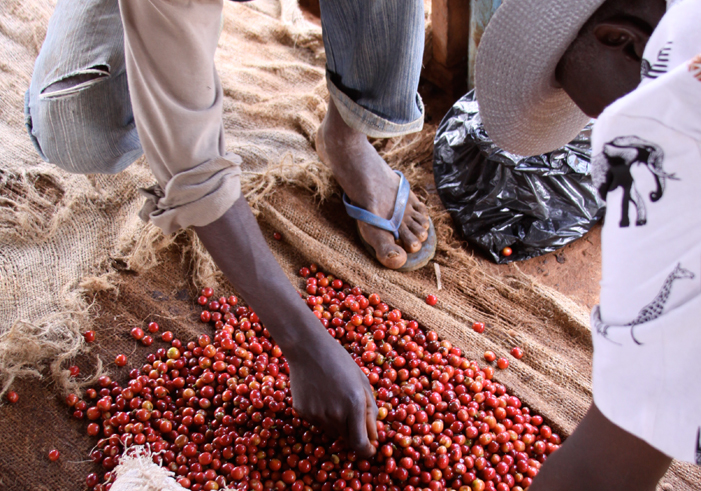In a country where 90% of our consumer products become waste in about 6 months, sustainability is becoming a more pressing issue for companies operations. A great example of a company that implements sustainable operations is Method a company that makes house-hold cleaning supplies, most popularly carried by Target. Method attempts to implement sustainability in their products, their process and their company itself. Their most important achievement in operations sustainability is being Cradle to Cradle certified.
Cradle to Cradle is the concept that a company can re-design products and change their manufacturing process in order to maximize positive impacts environmentally, economically and socially, where a company is less dependent on raw materials and energy and the supply chain is naturally more eco-efficient. Most manufacturing processes are linear and considered Cradle to Grave, which is when a company uses raw materials to create a product, the consumer purchases the products and then eventually puts it in the trash where it is taken to a landfill or incineration. Cradle to Cradle attempts to create a cycle where a company pools materials to be re-used and products are returned from consumers and recycled back into products.
Method displays on their website their Cradle to Cradle certification and explains how they are certified in product design, product manufacturing and social responsibility. Method’s product design is evaluated by their ingredients which are comprehensively assessed for safety and environmental health and their packaging design and materials are evaluated for safety, effects on the environment and recyclability. Method’s manufacturing processes are evaluated regarding their use of water and energy and their material recovery. Method’s social responsibility is evaluated through governance, ethics and transparency.
These are many ways companies can be more sustainable and the Cradle to Cradle certification is a great way to remain consistently sustainable. It also helps prove to consumers that your company is actually sustainable, rather than using the “going green” trend as a marketing ploy, which many companies have done.
Although Cradle to Cradle may be ideal for sustainable operations, it can also be very expensive, from redesigning products to tracking manufacturing in more granular ways. It almost attempts to challenge and change business models and the way products are produced. The only way to fight these challenges and expenses is to incorporate these practices from the beginning into the first business model. Which is why we should always challenge flaws in current business models and ask ourselves how we can create evolutionary business models.

